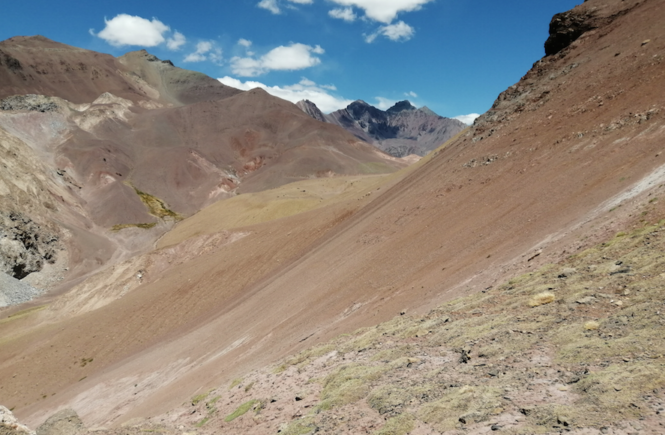The bare minimum
Iaorana: Hello, good morning
Nana: Good night
Maururu: Thank you
Fenua: land, nation
Motu: Island
Menuia: cheers! /Mazel tov!
Iti: small
Nui: big
Rapa: paddle
Moana: Ocean
Vahine: girl, woman
Tapu: forbidden
Marae: ritual site

These words will work for Polinesia as a whole; although there are differences between island groups, they should all be able to understand each other. It is believed to be actually the same people who came from Asia in remote times starting settling in New Zealand and finally arriving to Hawaii. Myth and history tend to blend, but the first European anthropologists to visit the islands agree on the fact that the populations inhabiting them viewed sex not as a taboo but as a normal need, equal to any other, and started doing it at an early age (maybe just as opposed to a very prudish Europe at the time?). With the arrival of Christian missionaries this changed and Protestantism is now the dominant religion – you’ll find many churches on the islands, and don’t expect to find things open on a Sunday; a fair amount of proselytism took place here. European explorers and imperialists came at different times, inevitably contaminating somehow locals, spreading diseases, but also blending with the population. Portuguese, Dutch, British (above all Captain James Cook) … European powers were competing on the domination of the seas in the 16th Century, but many were also moved by curiosity and adventure. Just in late 19th Century Tahiti and its neighbouring islands became a French départements et regions d’outre-mer mer and French its official language – local chiefs asked for British help to get rid of the French, but it never came. In more recent times (WWII) US troops stationed – strategically – in Bora Bora and until late 90s nuclear experiments were carried out there by the French Government. Still after all those interferences, I feel the islands still keep some of the dreamy, paradisiac charm that brought Gauguin (ultimately disappointed), Stevenson, Jack London and Melville here, looking for freedom and truth.



